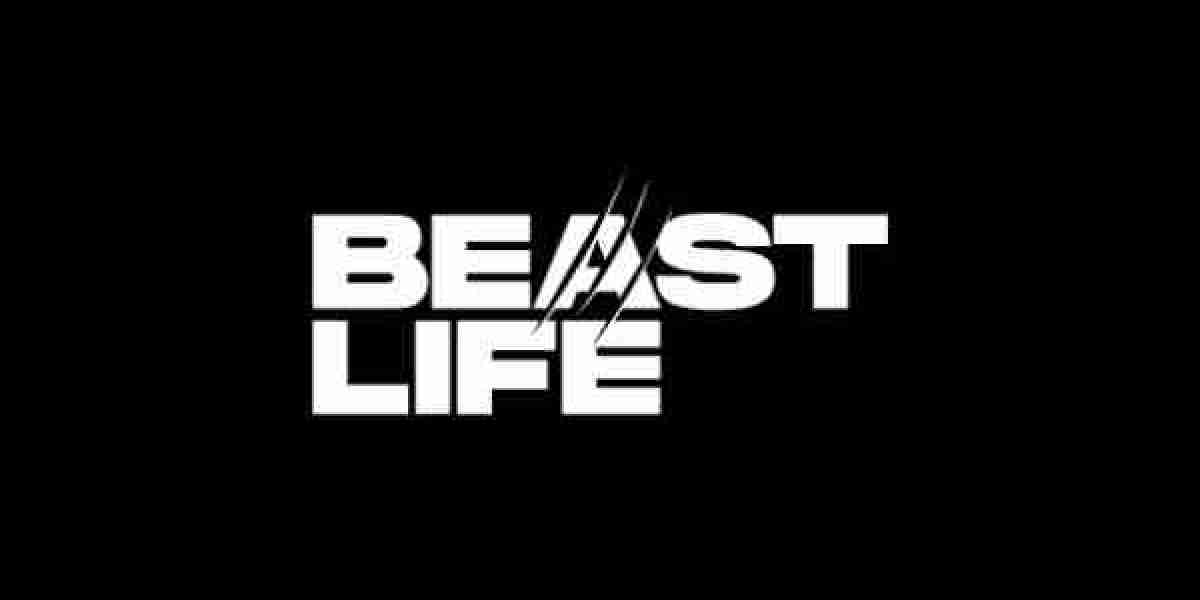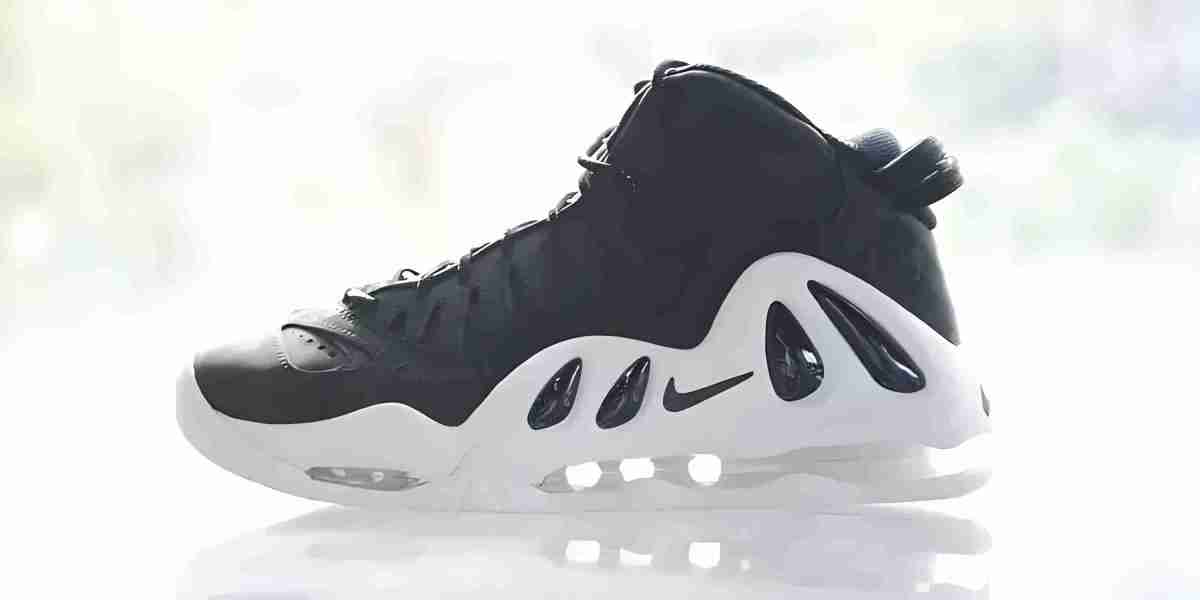Navigating the world of whey protein can feel like walking through a minefield. With countless brands and options available online, it’s easy to get overwhelmed—or worse, fall for fake products that do more harm than good. In this guide, we’ll break down how to spot quality whey protein when you buy online so you can fuel your fitness journey with confidence.
Understanding Whey Protein
What is Whey Protein?
Whey protein is a high-quality protein derived from milk during the cheese-making process. It’s packed with essential amino acids and is rapidly absorbed by the body, making it a go-to for athletes and fitness enthusiasts. But, as with anything in the health and wellness space, not all whey protein is created equal.
Different Types of Whey Protein
Let’s take a closer look at the various types of whey protein available on the market:
Whey Protein Concentrate
Whey protein concentrate typically contains 70-80% protein, along with some fats and carbohydrates. This is often the most cost-effective option, offering a great balance of quality and value.
Whey Protein Isolate
If you’re looking for a purer option, whey protein isolate might be your best bet. With about 90% protein and minimal fat and carbs, it’s ideal for those who are lactose intolerant or looking to cut calories.
Whey Protein Hydrolysate
Whey protein hydrolysate is pre-digested for faster absorption, making it an excellent choice for post-workout recovery. However, it usually comes at a higher price point.
The Risks of Buying Whey Protein Online
Fake or Low-Quality Products
The internet is rife with options, but unfortunately, it’s also filled with counterfeit products. Many brands prioritize profit over quality, leading to low-grade whey protein that may contain harmful additives or fillers.
Misleading Labels and Claims
Some companies use clever marketing tactics to make their products seem superior. Terms like "natural" or "organic" can be misleading if not backed by evidence. Always dig deeper than the marketing fluff.
Potential Health Risks
Low-quality whey protein can not only be ineffective but may also pose health risks. Contaminants or poor-quality ingredients could lead to digestive issues or allergic reactions.
Key Features of Quality Whey Protein
Protein Content
Look for products that boast a high protein content per serving. A quality whey protein should offer at least 20 grams of protein per scoop.
Ingredients List
Examine the ingredients carefully. The shorter the list, the better! Ideally, you want to see minimal additives and no artificial flavors or sweeteners.
Brand Reputation
Do your research on the brand. Established companies with positive reputations are more likely to provide quality products.
Third-Party Testing
Trustworthy brands often have their products tested by third parties for quality assurance. Look for certifications or seals of approval on the packaging.
How to Spot Quality Whey Protein When Buying Online
Check for Certifications
Certifications from organizations like NSF International or Informed-Sport can indicate that the product meets specific quality and safety standards.
Read Customer Reviews
Customer reviews can provide valuable insights into a product’s effectiveness and taste. Look for trends in feedback, both positive and negative.
Compare Prices
While you don’t want to overspend, a product that seems too cheap might raise red flags. Compare prices across different sites to ensure you’re getting a fair deal.
Look for Transparency in Sourcing
Reputable brands are open about where they source their whey protein. This transparency builds trust and helps you make informed choices.
Beware of Deals That Are Too Good to Be True
If you come across a deal that seems unbelievable, it probably is. If a product is significantly cheaper than similar items, exercise caution.
Recommended Brands for Quality Whey Protein
When you’re ready to buy whey protein online, consider these trusted brands:
Beast Life
Known for its high-quality ingredients and effective formulations, Beast Life offers a range of whey protein products that cater to various fitness goals.
MyProtein
With an extensive selection of flavors and types, MyProtein is a favorite among fitness enthusiasts looking for quality at competitive prices.
Optimum Nutrition
A household name in the fitness community, Optimum Nutrition is known for its consistency in quality and taste, making it a reliable choice for whey protein.
Dymatize Nutrition
Dymatize is recognized for its commitment to quality and rigorous testing processes. Their whey protein products are well-regarded for their efficacy.
Conclusion
In the vast world of online shopping, it’s essential to be cautious when selecting your whey protein. By understanding what to look for and recognizing the red flags, you can ensure that you’re investing in a quality product that supports your fitness journey. So, the next time you’re ready to buy whey protein online, keep these tips in mind, and you’ll be set up for success!
FAQs
1. How can I verify if whey protein is of high quality?
Look for high protein content, a short ingredient list, third-party testing certifications, and positive customer reviews.
2. Are expensive whey protein products always better?
Not necessarily. While price can be an indicator of quality, it’s essential to look at the overall value, including ingredients and brand reputation.
3. What should I avoid when buying whey protein online?
Avoid products with misleading labels, excessive additives, or that are significantly cheaper than comparable options.
4. Can I return whey protein if it doesn't meet my expectations?
Many retailers offer return policies, but it’s crucial to check the specific return policy of the seller before purchasing.
5. How often should I take whey protein?
The frequency of whey protein intake depends on your individual fitness goals, dietary needs, and protein requirements. Generally, one to two servings a day is a common approach for many athletes.














